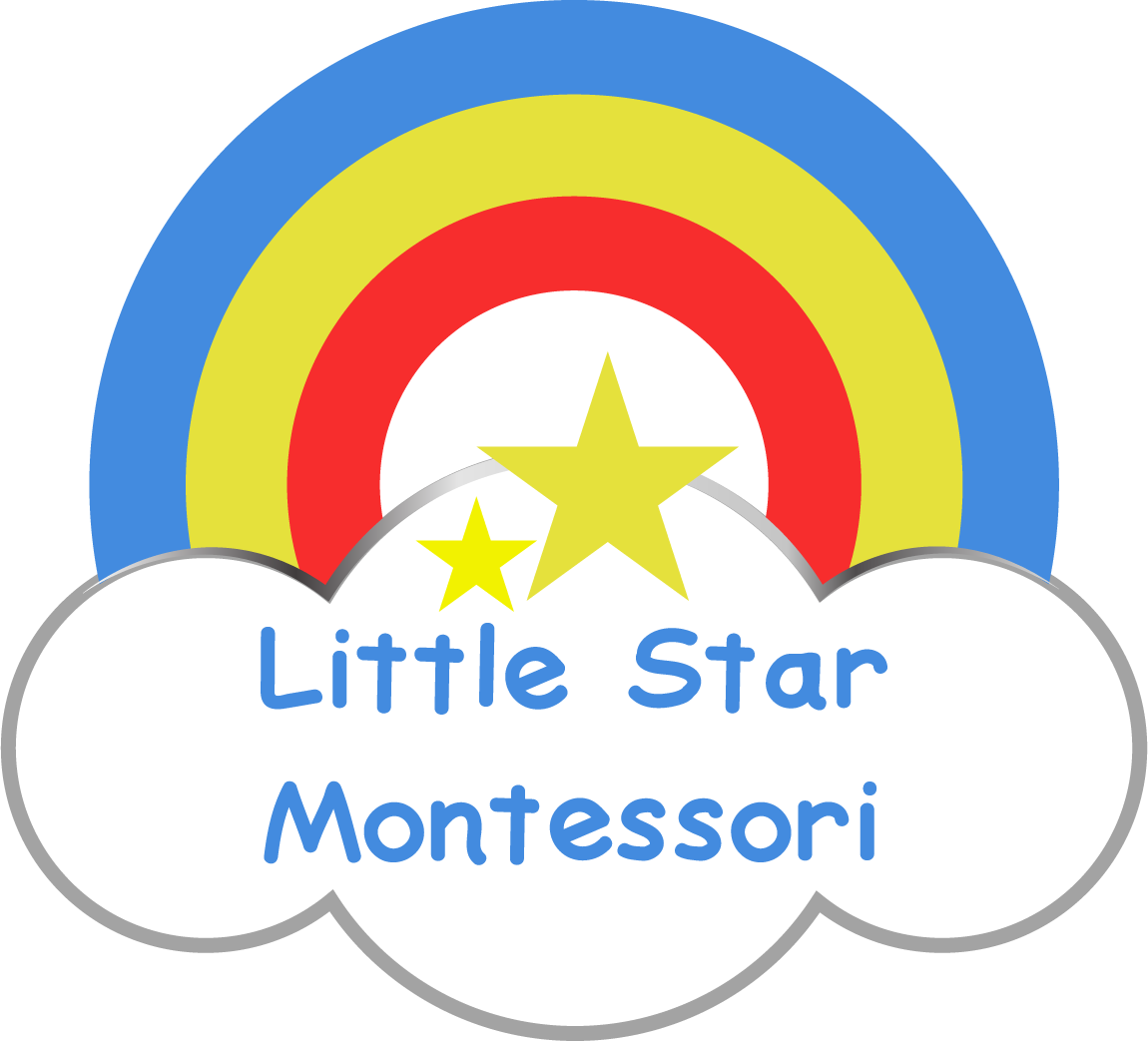FAQs

The Montessori Method was developed by Dr. Maria Montessori. She founded her first school in Rome with sixty students. Through her observations of these children, she prepared an environment containing materials and exercises that children worked on with deep concentration, bringing a sense of peace and calm. In 1929, Dr. Montessori founded the Association Montessori International and eight years later, she opened the first Montessori Training Center in the Netherlands. Her method acclaimed international recognition and training courses take place globally.
In a Montessori classroom, educators are not referred to as teachers, but as Directresses or guides, being the dynamic link between the child and the environment. The guides role is to observe the child and present exercises according to the child’s needs and interests. The response of the children within this ideal environment is amazing-almost magical-worthy of our respect and living up to high ideals. Within this environment, the children show us that purposeful activities are preferable to “play,” that they have an innate love of order and that they thrive in their freedom to choose and to work independently.
Children will have the opportunity to work in mixed aged classrooms ranging from 2.5 to 5 years of age. This is encouraged because children learn through observation and from their peers. Older students also help younger children. Once children have been presented an activity, they are free to work on it independently. The method consists of 4 main areas, beginning with practical life, sensorial, language and math. Geography and biology are also introduced to the children where they learn about continents, countries, botany and the human body. Since each child’s academic levels vary, presentations are given on a one-on-one basis to meet each child’s needs. At times, group presentations are also given.
Montessori classrooms are designed with the child in mind. Furnishings and materials are all child sized, color coordinated, and placed in a specific manner so as to instil a sense of order and concentration within the child. Lighting and wall colors are kept as natural as possible.
Enrolment at Little Star Montessori begins at 30 months, given the child turns 3 by the end of the year. We recommend enrolling at 30 months, because this is when your child is transitioning to the second sulphas of the first plane of development, being 3 to 6. This is when the child transitions from unconscious development to conscious development.
Enrolment begins at 30 months however, children must be turning 3 before December 31st of the year they’re enrolling.
In order for children to gain the optimal benefits of a Montessori education, we recommend daily attendance. We understand scheduling can be difficult and always work with families to ensure children get the most out of their education. regardless of days attending.
Our license requires 1 teacher for every 10 students. There are maximum of 20 students in the morning and afternoon classes along with the directress and guide.
There is a non-refundable registration fee of $150.00 for new students. Post dated cheques are required for tuition fees and are to be dated for the first of each month. One Deposit check, as an advance payment for June fully refunded with 1 full calendar month’s notice provided in advance upon withdrawal of child from the program.
Montessori schools are designed with the child in mind. The prepared environment allows for intrinsic learning, where the child naturally seeks knowledge. The curriculum is designed to help children develop not just academically, but socially, emotionally and physically too. Adjustment time varies for each child. Children from Montessori backgrounds build confidence in themselves based on the independence and responsibility they are given in the classroom. This confidence, along with the skill sets they learned through various exercises paves the pathway to success in other environments they encounter, including public schools. Children enrolled in Montessori are already learning how to read at an early age and perform 4 digit mathematical equations which they don’t encounter until later on in elementary so they are well ahead of the game.
Montessori schools promote independent learning with the guidance of a directress. Children are encouraged to use their senses and explore the subject areas. They are also given opportunities to work in groups, thus promoting the social aspects of the curriculum.
